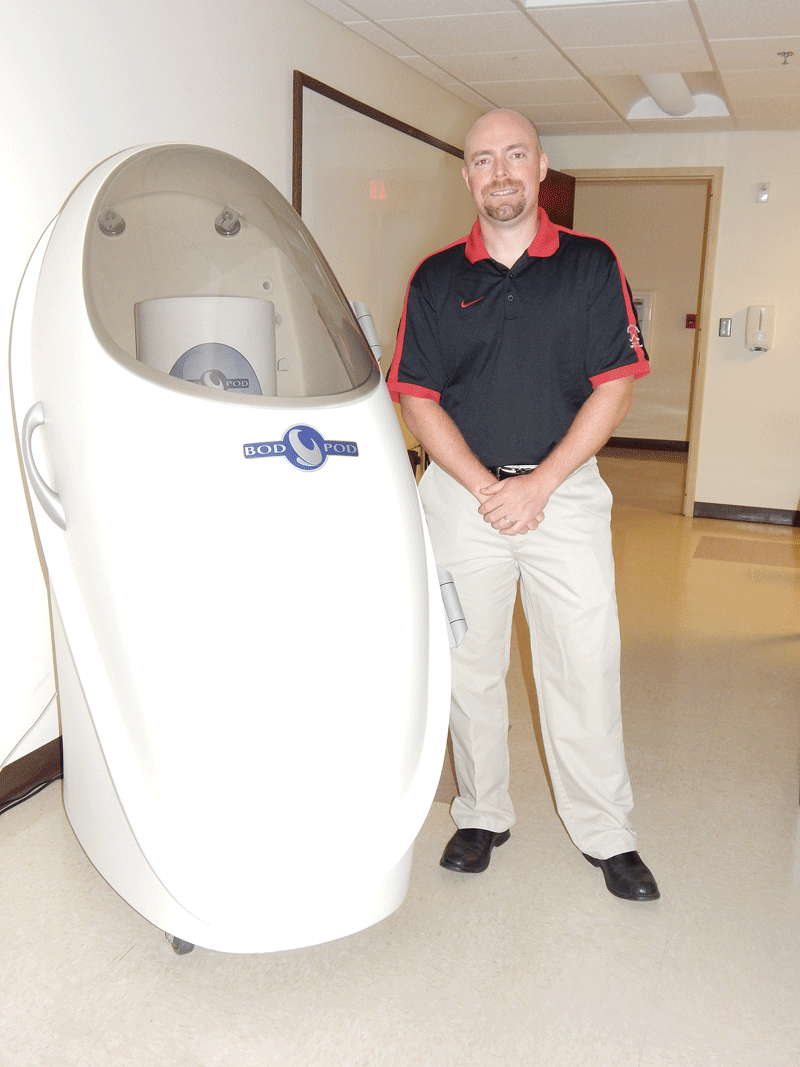By GEORGE O’BRIEN
As we engage in a national debate about health care reform, let’s not forget that assuring access to adequate levels of nutritious food for all Americans is one of the most effective ways to keep us healthy and control health care costs..
Individuals and families living on tight budgets and fixed incomes invariably cut corners to put food on the table. They are likely to go to the nearest corner store, fast fast-food restaurant, or grocery store to purchase cheap, energy-dense foods high in fat and added sweeteners, but low in nutritional value because they cannot afford relatively more expensive foods such as fresh fruits and vegetables, whole grains, low-fat dairy, fish, and vegetable protein. In short, access to affordable and nutritious food is a big deal.
According to the U.S. Department of Agriculture, from 1985 to 2000 the price of fresh fruits and vegetables adjusted for inflation increased by 40{06cf2b9696b159f874511d23dbc893eb1ac83014175ed30550cfff22781411e5}. Over the same period, the price of processed foods with sugars and sweeteners, fats, and oils decreased by between 5{06cf2b9696b159f874511d23dbc893eb1ac83014175ed30550cfff22781411e5} and 15{06cf2b9696b159f874511d23dbc893eb1ac83014175ed30550cfff22781411e5}. Soft drink prices fell by 25{06cf2b9696b159f874511d23dbc893eb1ac83014175ed30550cfff22781411e5}.
As a result, families at all income levels, but particularly households with lower incomes who are at risk of hunger or who have experienced hunger, are also prone to obesity — a perverse form of malnutrition thatn which has reached epidemic proportions in the U.S. According to a recent study by Finkelstein, et al in the July issue of Health Affairs, obesity-related health spending reached as much as $147 billon in 2008, double the level of a decade ago. In other words, the authors concluded that medical spending averages $1,400 more a year for an obese person than for someone who has a normal weight.
Obesity triggers health-related conditions such as type 2 diabetes, coronary disease, high blood pressure, asthma, and gallstones. Approximately one-third of adults in America are obese. In Springfield, 44{06cf2b9696b159f874511d23dbc893eb1ac83014175ed30550cfff22781411e5} of 9- and 10- year old students were obese or overweight in the Springfield Public Schools in 2005. Children with obesity are at serious risk of long-term medical problems and depression that can affect future learning in the classroom and productivity on the job. At this young age, as little as 100 calories over their desired maximum daily caloric intake can trigger obesity — the equivalent of a bag of chips or a hot dog instead of an apple or a carrot.
The Children’s Sentinel Nutrition Assessment Program, a non-partisan national network of pediatricians and public health specialists, has concluded that Food Stamps — now called the Supplemental Nutrition Assistance Program, or SNAP — “can make a crucial difference in determining a child’s health status and the course of his or her development. By reducing the risk of hunger and obesity, SNAP can decrease a child’s risk of hospitalization, poor health, iron deficiency anemia, deficits in cognitive development, and behavioral and emotional problems.”
Increased federal funding for SNAP and changes in federal and state requirements and procedures have resulted in skyrocketing participation that permits income-eligible households, including working families, to use the equivalent of an ATM card to buy food at a supermarket or grocery store. In Springfield and the four counties of Western Mass., there were approximately 46,000 and 114,000 SNAP recipients, respectively, last January, according to state data.
SNAP and other strategies to assure food access for all residents of Western Mass. was the focus of the Western Massachusetts “2009 Hunger Summit: Making the Connection” on Sept. 24th held at the MassMutual Center in Springfield. Attendees learned from local and national practitioners in the field about the related issues. For more information about the matter of hunger, obesity, public health, the role of government, and how to get involved in your community visit: www.foodbankwma.org or call 800(800)- 247-9632. –
Andrew Morehouse is executive Director of the Food Bank of Western Massachusetts. Dr. Crystal Wittcopp is the medical director of the Pediatric and Adult Weight Management Programs at Baystate Medical Center.


Comments are closed.